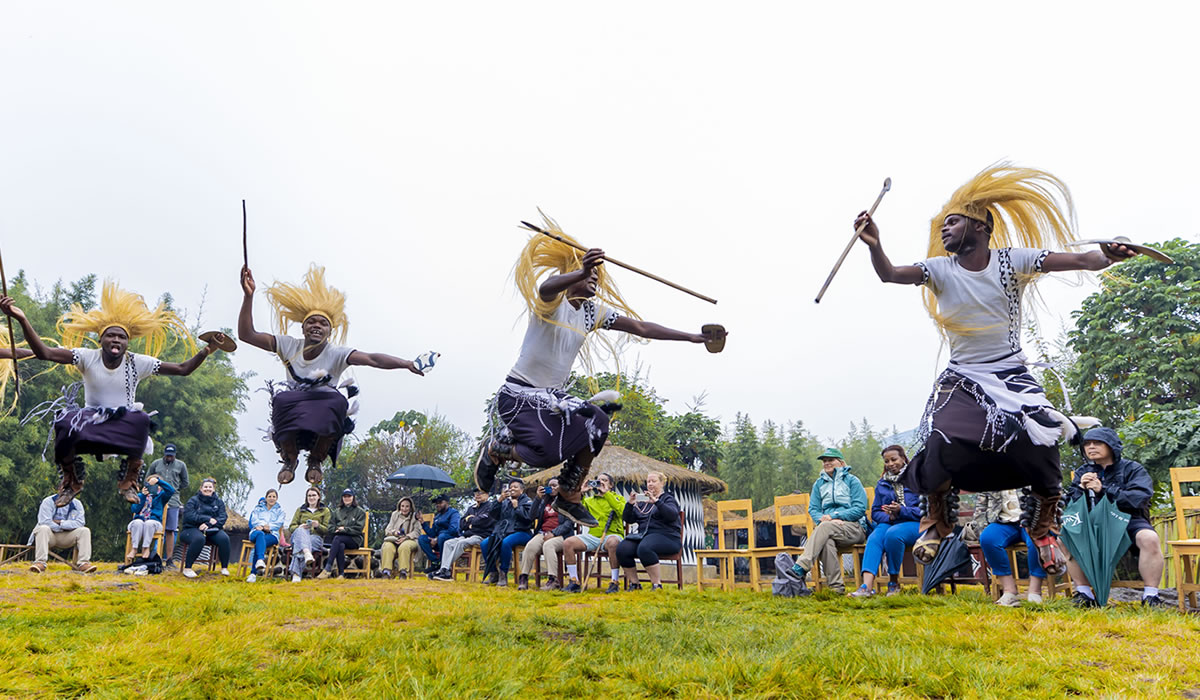Rwanda is not only renowned for its stunning landscapes, wildlife, and the famous mountain gorillas, but it also offers a rich tapestry of cultural experiences. Rwanda’s history, traditions, and people make it a fascinating destination for travelers who want to immerse themselves in the local culture. Rwanda Cultural Tours provide visitors with a unique opportunity to explore the deep-rooted customs, art, and way of life that have shaped this beautiful country.

Understanding Rwanda’s History and Heritage
Rwanda’s culture has been influenced by its history, its people, and its relationship with the surrounding environment. The country is home to three major ethnic groups: the Hutu, Tutsi, and Twa. While these groups have had their differences in the past, their cultures are intertwined, and their shared traditions form the bedrock of Rwandan identity today.
Rwanda’s pre-colonial history was largely shaped by its monarchy, which established a strong centralized kingdom. The kingdom of Rwanda thrived in the 15th century, and its royal courts became centers of culture and art. The people of Rwanda developed complex systems of governance, religion, and social structure that were characterized by respect for authority, communal cooperation, and the reverence of ancestors.
However, the country’s history has also been marred by the tragic genocide that took place in 1994. This dark chapter in Rwanda’s history saw the systematic slaughter of approximately 800,000 people, primarily from the Tutsi ethnic group. In the aftermath, Rwanda embarked on a remarkable journey of reconciliation and healing. Today, the country is a model of peace, unity, and development. Rwanda Cultural Tours give visitors the chance to learn about this painful period, the lessons learned, and how the nation has come together to heal and rebuild.
Rwanda’s Rich Cultural Experiences
One of the most rewarding aspects of traveling to Rwanda is the chance to engage with its vibrant culture. Cultural tours provide a deep dive into the traditions, art, and history of the country, allowing visitors to gain a greater understanding of the people and their way of life.
-
Visiting Traditional Villages
A visit to one of Rwanda’s traditional villages is an essential part of any cultural tour. These villages offer an authentic look at rural life and the customs that have been passed down through generations. The villages are often home to artisans, farmers, and elders who are eager to share their knowledge with visitors.
In these villages, tourists can participate in traditional activities such as weaving, pottery making, and basket weaving. Visitors are also invited to witness traditional dances and songs, which are an integral part of Rwandan culture. These performances are not only entertaining but also serve as a means of preserving history and passing down cultural knowledge.
-
Kigali – The Cultural Capital
Kigali, Rwanda’s capital city, is a hub of cultural activity. While it is a modern city, it also retains a strong connection to Rwanda’s heritage. Kigali is home to several museums, galleries, and cultural institutions that provide valuable insights into the country’s history and artistic expression.
The Kigali Genocide Memorial is one of the most important places to visit when learning about Rwanda’s history. The memorial serves as a somber reminder of the country’s tragic past, while also honoring the resilience of the Rwandan people. Visitors can walk through the exhibits that document the genocide, as well as witness the stories of survivors who have worked towards reconciliation.
In addition to the Genocide Memorial, Kigali is home to the Inema Arts Center, a contemporary art gallery that showcases the work of local artists. Here, visitors can appreciate the diverse artistic expressions of Rwanda’s vibrant art scene, ranging from paintings and sculptures to photography and performance art.
-
Cultural Festivals
Rwanda hosts a number of cultural festivals throughout the year that celebrate its rich heritage. These festivals are an excellent opportunity for visitors to experience the country’s music, dance, food, and art in a lively and festive atmosphere.
One of the most popular festivals is the Kwita Izina, an annual gorilla naming ceremony that takes place in the Volcanoes National Park. This event celebrates the birth of new baby gorillas and is a significant part of Rwanda’s commitment to wildlife conservation. The ceremony is a cultural event that combines music, dance, and traditional rituals, making it an unforgettable experience for those lucky enough to attend.
The Rwanda Film Festival, also known as the Hillywood Festival, is another important cultural event that celebrates the country’s growing film industry. The festival showcases Rwandan and African films and provides a platform for filmmakers to showcase their work. It also serves as a cultural exchange, bringing together filmmakers, actors, and audiences from across the continent.
-
Cuisine: A Taste of Rwanda
No cultural tour of Rwanda is complete without sampling the country’s delicious cuisine. Rwandan food is simple yet flavorful, with an emphasis on fresh ingredients and traditional cooking methods. The country’s agricultural abundance ensures that meals are often centered around locally grown produce such as beans, sweet potatoes, cassava, and plantains.
One of the most popular dishes in Rwanda is Isombe, a dish made from cassava leaves cooked with peanuts and oil. Another favorite is Ugali, a maize porridge served with vegetables, meat, or fish. Brochettes, skewers of grilled meat, are a popular street food, and Ibihaza, roasted pumpkin seeds, are a favorite snack.
Visitors can experience Rwandan cuisine in local markets, restaurants, and cultural centers, where the food is often prepared in traditional ways, adding an authentic flavor to the experience.
-
Music and Dance
Music and dance are integral parts of Rwandan culture, with both serving as forms of expression, communication, and celebration. Traditional dances like the Intore Dance are performed during important ceremonies and festivals, often accompanied by drumming and singing. The Intore Dance, in particular, is a powerful and energetic performance that symbolizes bravery, strength, and honor.
Rwandan music is traditionally rooted in the use of drums and other percussion instruments. The Ingoma drum, which is made from a hollowed-out tree trunk, is one of the most iconic instruments in Rwandan music. Many cultural tours include visits to drum workshops where visitors can try their hand at playing the drums and learning the rhythms that are central to Rwandan culture.
A cultural tour of Rwanda offers more than just sightseeing – it provides an immersive experience that will deepen your understanding of this remarkable country. From exploring traditional villages and attending vibrant festivals to learning about the tragic past and sampling the delicious cuisine, Rwanda’s cultural offerings are rich and diverse.
Whether you are drawn to the country for its wildlife or its history, a cultural tour will allow you to connect with the Rwandan people in a meaningful way. The warmth and hospitality of the Rwandan people will make you feel welcome, and the insights you gain into the country’s culture will leave a lasting impression. Rwanda’s resilience, beauty, and spirit of unity make it a destination that is both educational and inspiring for travelers seeking a transformative cultural experience.

